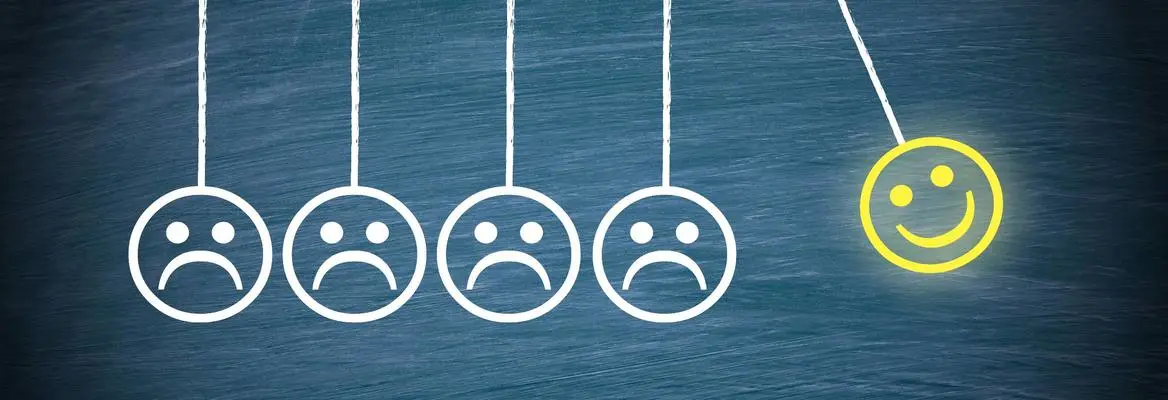The astonishing progress of humanity over the last century seems undeniable. Whether you look at the facts about nutrition, poverty, child mortality or literacy, the story is the same: vast improvements. So why does it constantly feel like humanity is on the brink of going to hell in a handcart?
The timescale in which massive changes for the better have taken place is staggering. The race to end extreme poverty began only 200 years ago: an eye-blink in the 300,000 year history of Homo sapiens. And in the last 20 years alone, world poverty has fallen from 29% of the population to 9%.
The consequences of negativity are themselves negative.
In Factfulness: Ten Reasons We’re Wrong About the World – and Why Things are Better than you Think, Hans Rosling offers a plausible explanation for why this good news is not known or believed by many people: ‘the feeling that as long as things are bad it’s heartless to say they are getting better’. But those who believe in progress are not heartless Panglossians. On the contrary, it’s the pessimists who are heartless, denying the avoidability of suffering from a position of comfort. After all, one has to be well-schooled and well-fed to write an articulate sentence poo-pooing the possibility of progress.
The consequences of negativity are themselves negative, Rosling argues: ‘when people believe that nothing is improving, they may conclude that nothing we have tried so far is working and lose confidence in measures that actually work. Or they may become radicals, supporting drastic measures that are counter-productive when, in fact, the methods we are already using to improve our world are working just fine.’
The apocalyptic nihilism of some philosophers is therefore unfortunate. Beginning with his best-selling polemic Straw Dogs, John Gray has attacked what he calls ‘liberal humanism’ and the humanist belief that there is a gulf between ourselves and other animals. According to Gray, Darwin has shown us that Homo rapiens (sic) is no different from other species except in respect of its limitless predatory and destructive power. Man is ‘not obviously worth preserving’ and has ‘no more meaning than a slime mould’. Science has shown that ‘we cannot be other than irrational’ and neuroscience that ‘we cannot be the authors of our acts’. This argument renders humankind powerless to altering their individual or collective destiny, and the hope of progress becomes a childish vanity.
Denial of the reality or even the possibility of progress will be self-fulfilling.
It is fortunate that Gray is ignored by, or more likely unknown to, the many millions of people – sometimes flawed, perhaps self-interested – who are working towards those incremental improvements to our way of life, because there is no longer room for complacency. There are many threats to the planet and its inhabitants; weapons of mass destruction; overpopulation (though the curve is starting to flatten); overconsumption; global warming; out-of-control biotechnology; inequality; information surveillance - these are just some of the paths to a future in which mankind might obliterate itself.
Ongoing destabilisation of the international order is exacerbating these threats, with leaders (such as the reality TV star currently occupying the most powerful office in the world) seemingly bent on breaking everything within reach. But that’s no excuse for passivity, for paring our fingernails at the prospect of (other people’s) apocalypse. Rather, it is a call for more energetic and more thoughtful action. Denial of the reality or even the possibility of progress will be self-fulfilling.















Join the conversation